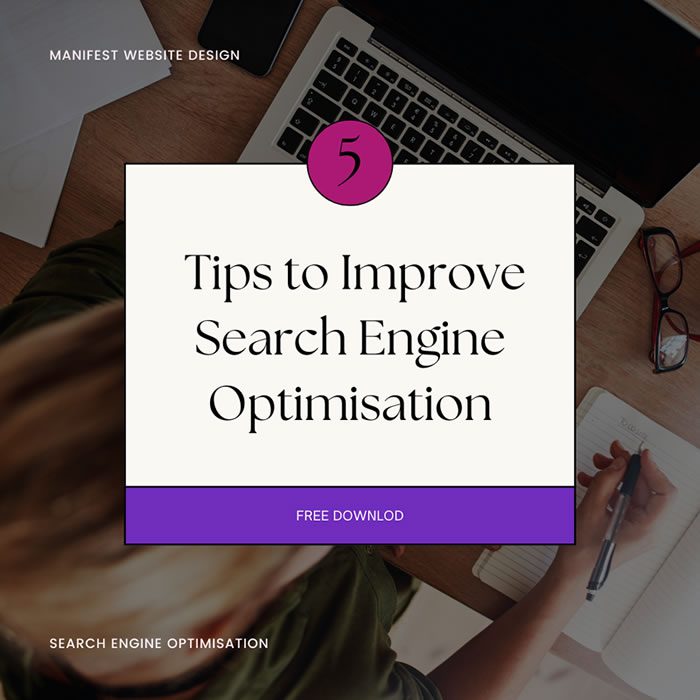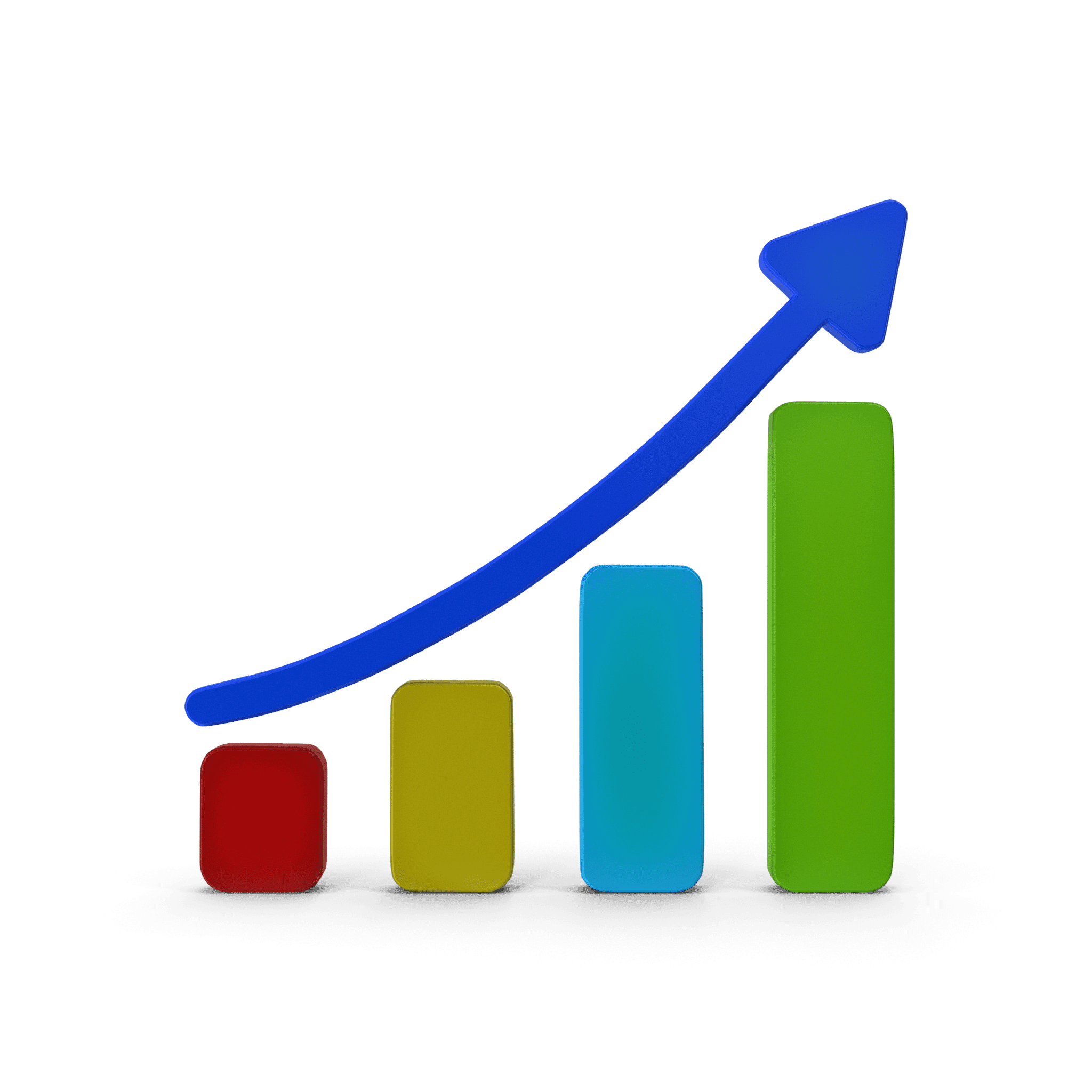5 Proven Ways SEO Can Help Your Business Grow
Business owners face a myriad of opportunities and roadblocks. As an entrepreneur, you know this all too well. With the Internet acting as the new marketplace, small and medium-sized businesses have a chance to compete with large, established firms. To succeed in this space, mastering one particular skill is a non-negotiable: Search Engine Optimisation or SEO.
You may have encountered this term before, perhaps thrown around in business meetings or spotted in online articles. It might seem better left to those more technically inclined. But let me share an industry secret: SEO is as critical to your business as a solid business plan or a great product. It’s not fancy jargon; it’s a powerful tool that can propel your small business to new heights.
How Does SEO Help Your Business?
1) Rank Higher in Local Searches
SEO isn’t a trend. It isn’t a buzzword. It’s the art and science of optimising your website so that it ranks high on search engine result pages (SERPs), like Google. But why should a business rank higher in local searches? The answer lies in understanding the consumer behaviour of today.
Digital advancements have made it possible for consumers to have instant access to a wealth of information at their fingertips. Consider yourself for a moment. How often do you search online for a local restaurant, a hardware store, or a dentist nearby? Chances are, pretty often.
Studies show that nearly 46% of all Google searches are looking for local information, and 88% of searches for local businesses on a mobile device either call or visit the business within 24 hours. That’s a massive pool of potential customers.
Local SEO strategies help you tap into that pool by making your business visible and accessible. Keep in mind the three primary components of local SEO: relevance, distance, and prominence.
Relevance is about how well your business matches the user’s search. For instance, if someone searches for “Italian restaurant in Sydney,” and you happen to run one, then your business is highly relevant. Distance is, of course, how close your business is to the searcher’s location. And prominence refers to how well-known your business is, both offline and online.
Pro tip: SEO brings your business to the forefront, right when and where the customer needs it.
2) Drive High-Quality, Organic Traffic to Your Website
Traffic is a vital sign of your business website’s health. But not all traffic is created equal. To grow your business, you need high-quality, organic traffic. SEO is your best bet to get there.
Organic traffic refers to visitors that come to your site from unpaid search results. These visitors aren’t directed to your site from paid ads, nor do they land on your website from a link in an email or on social media. They arrive on your site because they searched for something relevant to your business, and your website appeared in the results.
The beauty of organic traffic lies in its quality. People who visit your site organically are usually looking for something specific – something you offer.
So how do you use SEO to drive high-quality, organic traffic to your website? It starts with keywords – the terms or phrases that people use when they search. By optimising your website and content with the right keywords, you can attract more of the right kind of visitors – those who are likely to be interested in what you have to offer.
Once you have identified the relevant keywords, weave them into your website content, meta descriptions, headings, URL structure, and image alt texts. Make sure the content you create is valuable, relevant, and easily consumable. It’s not just about keyword stuffing; it’s about providing valuable content that meets the searcher’s needs.
Related articles:
Content Pillars: The Secret to Content Marketing Success
How to Do an SEO Audit – Manifest Website Design
3) Control Your Marketing Costs
Every dollar counts. One of the biggest advantages of SEO is its cost-effectiveness. Unlike traditional marketing methods or even other digital marketing tactics like Pay-Per-Click (PPC), SEO requires a relatively lower investment for a potentially higher return.
With traditional marketing, the costs can quickly add up. You have to pay for space or airtime, design, production, and distribution. With PPC advertising, you pay every time someone clicks on your ad. It can become expensive, especially in competitive industries.
On the other hand, SEO mainly requires an investment of time, effort, and, in some cases, hiring an SEO professional or agency. This investment is often much lower than other marketing methods, yet the return can be significantly higher. And remember, consistency is key. SEO is not a one-time effort, it’s an ongoing commitment.
4) See Compounding Benefits Over the Long Run
The impact of SEO is often not immediate, but when it begins to show, it compounds over time. It’s similar to the principle of compound interest in finance, where small, regular investments yield significant returns over time due to the effect of compounding.
A blog post you optimise and publish today may start ranking, but it won’t bring significant traffic for a few days or even weeks. If you’re in SEO for the long run, this particular piece of content can continue to bring traffic for months and even years without any additional investment.
You need to commit to consistent effort.
Several years ago, I worked with a client who was new to the concept of SEO. She had launched a bookkeeping agency and was struggling to generate sales. Her website was buried deep in search results, and she wasn’t getting much traffic. After analysing her website and business model, I suggested implementing an SEO strategy.
We worked on improving her website’s structure, created an editorial calendar for her blog and focused on building backlinks. The results weren’t immediate, which was a bit disheartening for the client. However, I reassured her that SEO is a long game, and that we need to be patient.
Months later, the traffic began to trickle in. Her blog posts started ranking, and she was getting organic traffic. This traffic began to compound as his website became more authoritative in the eyes of search engines. Over the next four months, her traffic increased by over 200%. Today, the business is thriving, and the compounding benefits of SEO are partly to blame.
5) Make a Long-Lasting, Good First Impression
You never get a second chance at a first impression. In the digital world, your website is often the first point of contact between your business and potential customers.
If you want to use SEO to make a good, lasting first impression, start by focusing on your website. Make sure it’s user-friendly, mobile-friendly, and fast. Your website should be easy to navigate, and your content should be easy to read and understand. Also, ensure your website design is professional and aligns with your brand.
Next, focus on your content. Provide valuable, informative, and engaging content that meets your users’ needs and answers their questions. Keep in mind that your goal is not just to rank high, but to leave a good impression on your visitors, turning them into potential customers (and if possible, into brand advocates).
Related articles:
Is Digital Marketing a Good Career?
Every Kind of Business Benefits From SEO
Businesses vary in size, industry, target audience, business model, and so much more. Amidst this diversity, search engine optimisation is the one common denominator that makes a substantial difference in their success. From small local boutiques to multinational corporations, SEO benefits every kind of business, and here’s why.
SEO helps level the playing field. It’s a democratic approach to marketing where the size of your budget is less relevant than the quality of your strategy. A small business can compete with larger competitors by focusing on niche keywords and providing exceptional content. Without SEO, even a well-known brand can lose out to competitors that effectively use SEO to reach customers.
The strategies need to be tailored for each business. For example, a small bakery would benefit from local SEO. They should leverage location-specific keywords, have a Google My Business listing, and encourage customers to leave reviews. As for a big software company, they’ll need to identify key global markets and research the keywords potential customers use in these regions.
|
Industry |
Benefits of SEO |
|
Retail |
Higher ranking for product-related keywords can increase online sales. Local SEO can drive foot traffic to physical stores. |
|
Healthcare |
SEO can improve visibility for local clinics and practitioners. High-quality content can build trust and authority, attracting new patients. |
|
Real Estate |
Local SEO can help agencies and agents appear in searches related to home buying/selling in specific areas. |
|
Education |
SEO can help educational institutions attract new students by ranking for course-specific keywords. Good SEO can also boost the institution’s reputation. |
|
Hospitality |
A well-optimised website can help hotels, restaurants, and travel agencies reach potential customers looking for services in specific locations. |
|
Professional Services |
SEO can help service-based businesses (lawyers, accountants, consultants) attract clients by ranking for service-specific keywords and building online credibility. |
|
Non-Profit |
Non-profit organisations can use SEO to increase awareness about their cause, attract volunteers, and solicit donations. |
Request for an SEO Package That Fits Your Small Business Budget
The beauty of SEO lies in its applicability to all businesses, regardless of their size or industry. The journey may seem daunting, but the rewards – such as ranking higher in local searches, saving on marketing costs, and attracting more customers – are too significant to ignore.
At Manifest Website Design, we specialise in implementing effective, tailored SEO strategies as part of our website design services. Our goal is to simplify this journey for you. We’ll help your brand make a long-lasting, good first impression.

ANA AMISTAD
About the Author
Ana is a Content Manager at Manifest Website Design specialising in digital marketing, SEO, and meaningful stories. Her byline is often found 3,000 feet above sea level.
After hours, she enjoys psych thrillers, reading, dying in video games, and having good conversations. You can reach out to her on LinkedIn.




